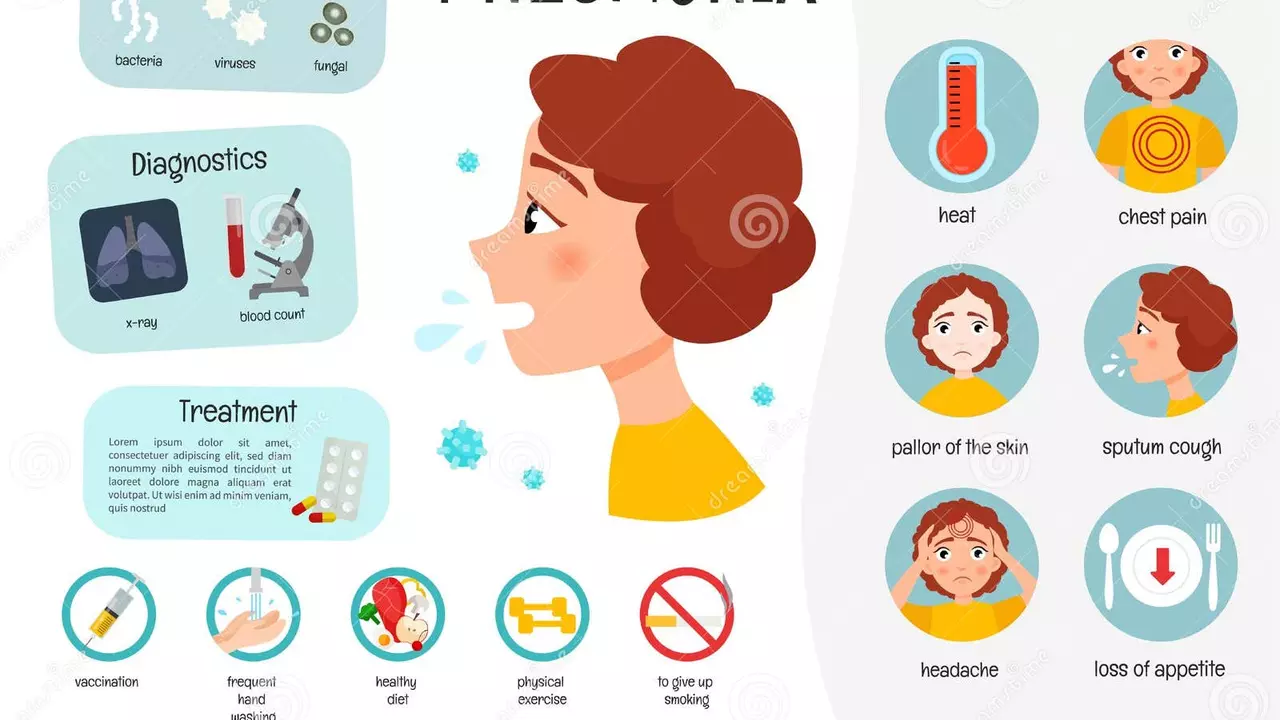Understanding What Causes Common Health Problems
If you ever wonder why you get acne, joint pain, or trouble sleeping, the answer often lies in a mix of habits, genes, and medicines. Knowing the root cause helps you pick smarter solutions instead of just treating symptoms.
Everyday Lifestyle Factors that Spark Issues
Simple daily choices can trigger big health bumps. Eating too much sugar fuels inflammation, which shows up as skin flare‑ups or joint aches. Skipping sleep messes with hormones and makes mood swings more likely. Even sitting for hours without moving can slow circulation and raise the risk of blood clots.
Stress works like a hidden switch. When you’re stressed, cortisol spikes, pushing the immune system into overdrive. That’s why anxiety often coincides with stomach upset or frequent headaches. Cutting back on caffeine, taking short walks, or practicing deep breathing can calm that cascade.
How Medications and Supplements Play Their Part
Prescription drugs aren’t always harmless. Some antibiotics, like rifaximin, may alter gut bacteria and affect mood through the gut‑brain axis. Calcium channel blockers such as verapamil have been linked to weight changes in certain people.
Even natural supplements can cause side effects if taken wrong. Black walnut, for example, can irritate the stomach at high doses. Always read labels and start with a low amount to see how your body reacts.
Genetics also set the stage. If heart disease runs in your family, you might need to watch cholesterol more closely, even if you feel fine now. Knowing your family history lets you act early – like getting regular blood pressure checks before problems surface.
Environmental exposures matter too. Seasonal allergies can flare up when pollen levels rise, and that inflammation sometimes makes food sensitivities worse. Swapping indoor plants or using air filters can lower the load on your immune system.
Infections are another hidden cause. A fungal infection like candidemia spreads quickly in weakened patients, raising mortality rates if not caught early. Spotting fever, chills, and unexplained fatigue should prompt a doctor visit.
When you combine several triggers – say, poor diet, lack of sleep, and a new medication – the effects can stack up. That’s why it feels like one problem leads to another. Breaking the chain starts with identifying which pieces are yours.
Our tag page gathers articles that dive deep into these causes. From DIY azelaic acid recipes that target acne origins to guides on buying safe medications online, each post gives practical steps to tackle the root of the issue.
Take a look at the list below, pick the topics that match your concerns, and start fixing the cause instead of just covering up the symptoms. Your health gets stronger when you understand what’s really behind it.

